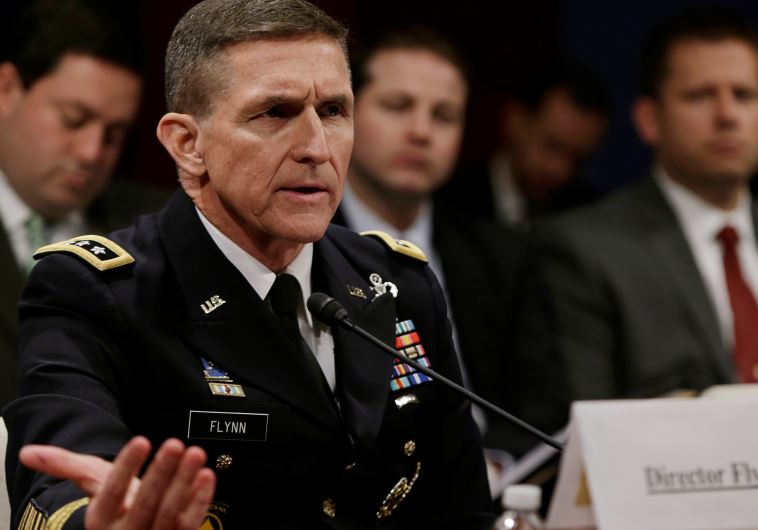Report: Trump transition team attempted to block UN settlement resolution
The resolution passed on December 23, 2016, when 14 out of the 15 voting members of the Council voted in favor of the resolution.
 Retired U.S. Army Lt. General Michael Flynn in 2014.Updated:
Retired U.S. Army Lt. General Michael Flynn in 2014.Updated: